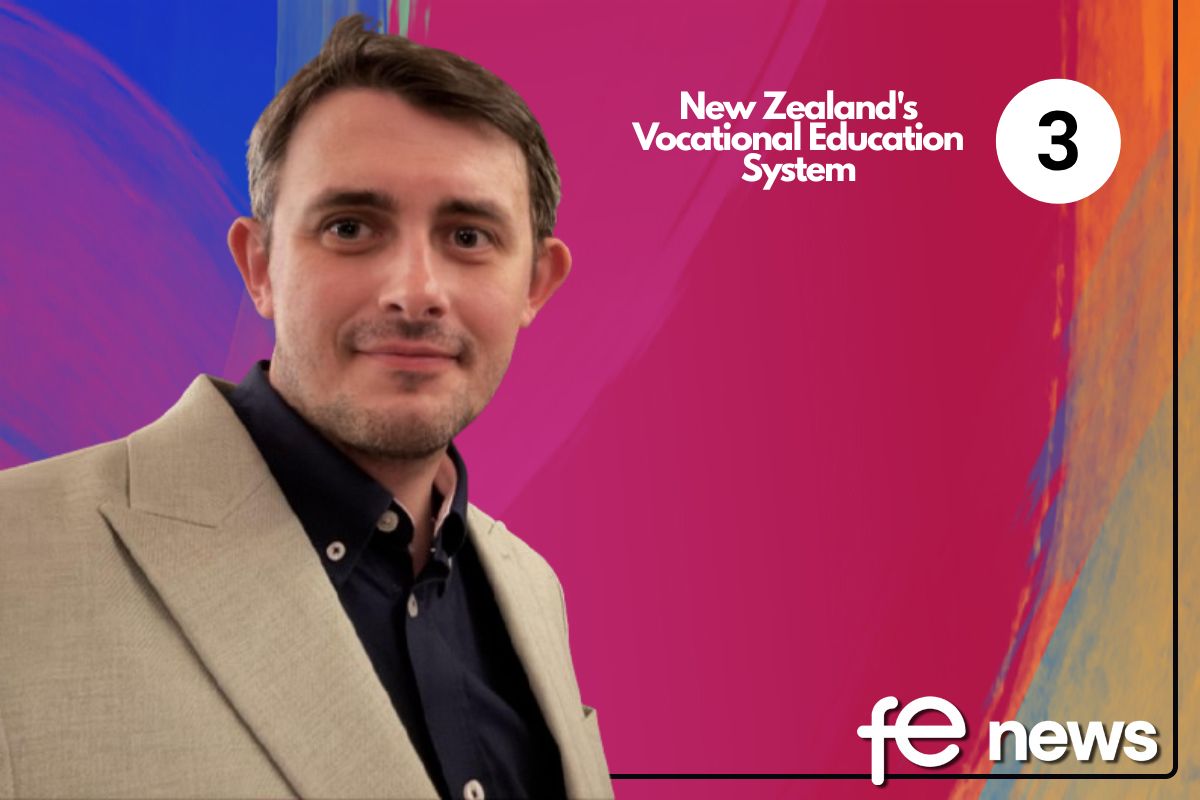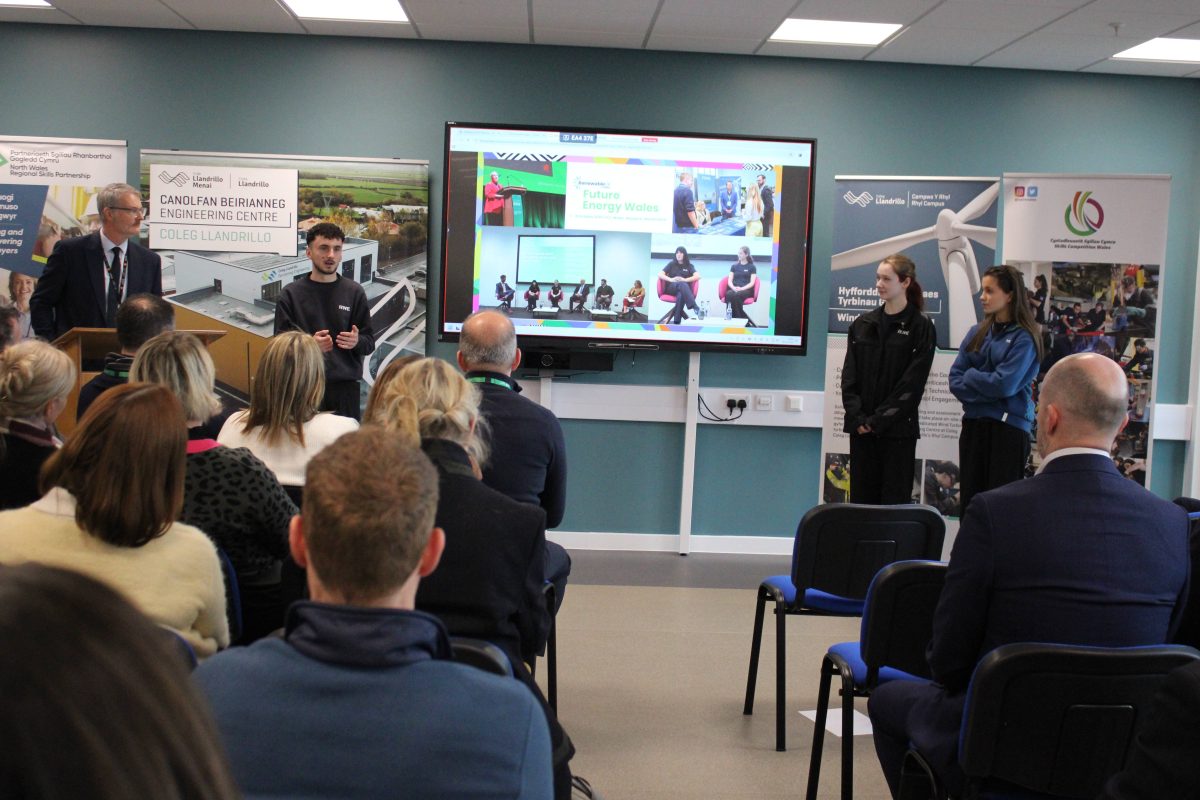This country is too ‘snobbish’ about what education is for says Professor Mary Beard

Professor Mary Beard (@wmarybeard) and Sir Anthony Gormley give evidence to The Times Education Commission (@TimesEducation)
Professor Mary Beard has told The Times Education Commission that this country is too ‘snobbish’ about what education is for and has suggested that carpentry is as important as the classics.
She, along with other experts were participating in today’s Times Education Commission evidence session, which is the first of two sessions focused on the school curriculum.
British sculptor and Turner Prize winner Sir Antony Gormley also told the commission that this country views artists as ‘slackers’ and it is a betrayal to young potential for schools to spend so little on art materials.
Sir Charlie Mayfield, a former chair of John Lewis, warned the commission that when people leave education there is a “very serious skills gap which is holding back not just companies, in terms of their growth and their competitiveness, but ultimately it’s holding back the economy.”
The Times Education Commission is a year-long project expected to inform government policy and to lead to radical change across schools, colleges and universities.
The commission brings together experts including senior MPs, business leaders, scientists, head teachers, academics, vice-chancellors and a children’s author.
It has a wide-ranging remit, including the curriculum, qualifications, social mobility, exclusions, new technology, lifelong learning and the number of people going to university.
The full list of experts at today’s (Tuesday 7th September) session include:
- Professor Mary Beard, Professor of Classics at the University of Cambridge
- Olly Newton, Executive Director of The Edge Foundation, Specialist Adviser to the House of Lords Youth Unemployment Committee.
- Sir Antony Gormley, a British sculptor and Turner Prize winner.
- Sir Charlie Mayfield, Chair of QA Apprenticeships, former Chair of John Lewis Partnership.
Mary Beard comments On GCSE reform:
“I’m not certain, but I think that GCSEs, in some ways, have passed their sell-by date. In its origin, it’s a school leaving exam – it’s an educational leaving exam. And it no longer is. And it demands a huge amount of teacher, pupil, educational, curricular time which we could be actually devoting to more important and more interesting things.
“You know, I’m not kind of throwing everything out – you know, there’s a baby and bath water here. But GCSE does seem to me to, kind of, to be accepted beyond its obvious utility.
“I would pare GCSEs, I think, right down and I would let people explore at A Level. And I think I would have a mixture of, you know, coursework and sit down exams. We’re terribly into either/ors. And I think we want to find modes of assessment which positively into the curriculum that allow different kinds of knowledge and expertise and skills to be tested. And one of those is extended coursework. Another is what you can do in two and a half hours.”
Snobbery about the purpose: “One thing that I feel very strongly about, despite my own engagement and involvement in what might look like the most rarefied of school or university subjects is that this country has been terribly, terribly snobbish about what education is for. And somehow I’ve spent my life doing Latin and Greek.
“Actually, I think there’s huge value in that. But I’m not going to sit here and say there’s more value in that than studying practical engineering. We’re kind of, like most of British culture, it’s terribly, terribly still held back by class and privilege aspirations which rank these subjects into sort of what clever, posh kids do – clever, white, posh kids do – and what other kids do.
“And, I’m one of them – the chattering classes, including me, we tend to chatter about whether you can do Latin at school, not whether you can do engineering or carpentry or whatever. And that is rooted – I think it’s deplorable – and I think it’s rooted in a whole set of versions of British education which we’re still trying to throw over, honestly.”
Professor @wmarybeard spoke to @TheTimes #EducationCommission earlier today about GCSEs.
(Transcript tweeted below). #Education #GCSE pic.twitter.com/GwYQhVlhww— Times Education (@TimesEducation) September 7, 2021
Antony Gormley comments on school art supplies:
“I just don’t know how we can betray the potential of our young so utterly by spending 65p a year on art materials at school. I mean, I don’t understand how this iniquitous Government can reduce funding for education at primary level by 35%. These are figures I’ve heard. You may not agree with them and they may be wrong. So far as I’m concerned, we’re still living in a utilitarian kind of world that wants to instrumentalise education to the point of teaching to test and just putting people into pre-made, kind of, occupational boxes.”
On the view of artists: “You can look at the French system. You can look at the German system. But, on the whole, I think you have to respect artists. The overall kind of view in this culture, this island culture, is that somehow artists are slackers. And it’s really invidious. The fact is that art is a vocation – it’s a gift. Anywhere else in Europe, artists are treated naturally with extreme respect and it has absolutely nothing to do with monetizing their output. It is about somehow a recognition and the instruments being in place for their output to be shared.”
Sir Antony Gormley spoke to @TheTimes #EducationCommission earlier today about artists and art in the curriculum.
(Transcript tweeted below). pic.twitter.com/vjLP6oWW0S
— Times Education (@TimesEducation) September 7, 2021
Olly Newton comments on design and technology GCSEs:
“The impact of the EBacc and Progress 8 in particular has been really very significant on certain subjects. And the committee will know more about the background to those kind of performance measures but in terms of the impact we’ve seen on Design and Technology – just to bring out the impact where it’s been the most extreme – we looked at GCSE entries between 2010 and 2018 and saw a fall of 57% in Design and Technology entries and then a further 8% fall last year. So that subject is absolutely dwindling. And if there’s one subject that does kind of teach the skills that we might need for the future engineering early on, really kind of exercise people’s brains and get them excited about that area of work, it’s got to be Design & Technology.”
Charlie Mayfield comments:
“But I think, I basically disagree with the sort of absolutist sort of implications of what Nick Gibb is saying there because it almost, by making a statement like that, you basically say, well, so let’s not go and have a look to see whether it is actually possible to find really academically rigorous and highly practicable and applicable opportunities to, sort of, develop skills within an educational context. I just refuse to believe that there is not scope to find some middle ground. It seems to me that what’s most important is if people are, sort of, strong advocates of one camp or another, they get out of their trenches and they go into the No Man’s Land and then we encourage some proper exploration of where are there opportunities to create really progressive and rigorous approaches to some of these key subject areas that would actually serve our young people really well.”
“Despite the fact that we’ve got an education system, which is actually generating results, standards which are improving – it is not the case that young people cannot read, write or add up – I mean actually, statistically, the measurements show that they’re doing that better than ever. We’ve got more people doing STEM degrees so there’s something working in terms of the signalling that’s coming from the employment market about some of the things that matter. But there’s still this issue which is, then, that when people leave education there is a significant gap between what they’ve done and their readiness for work. And then, beyond that, there’s a persistent and very serious skills gap which is holding back not just companies, in terms of their growth and their competitiveness, but ultimately, it’s holding back the economy and, of course, it’s diminishing the social and economic chances of millions of people.”











Responses